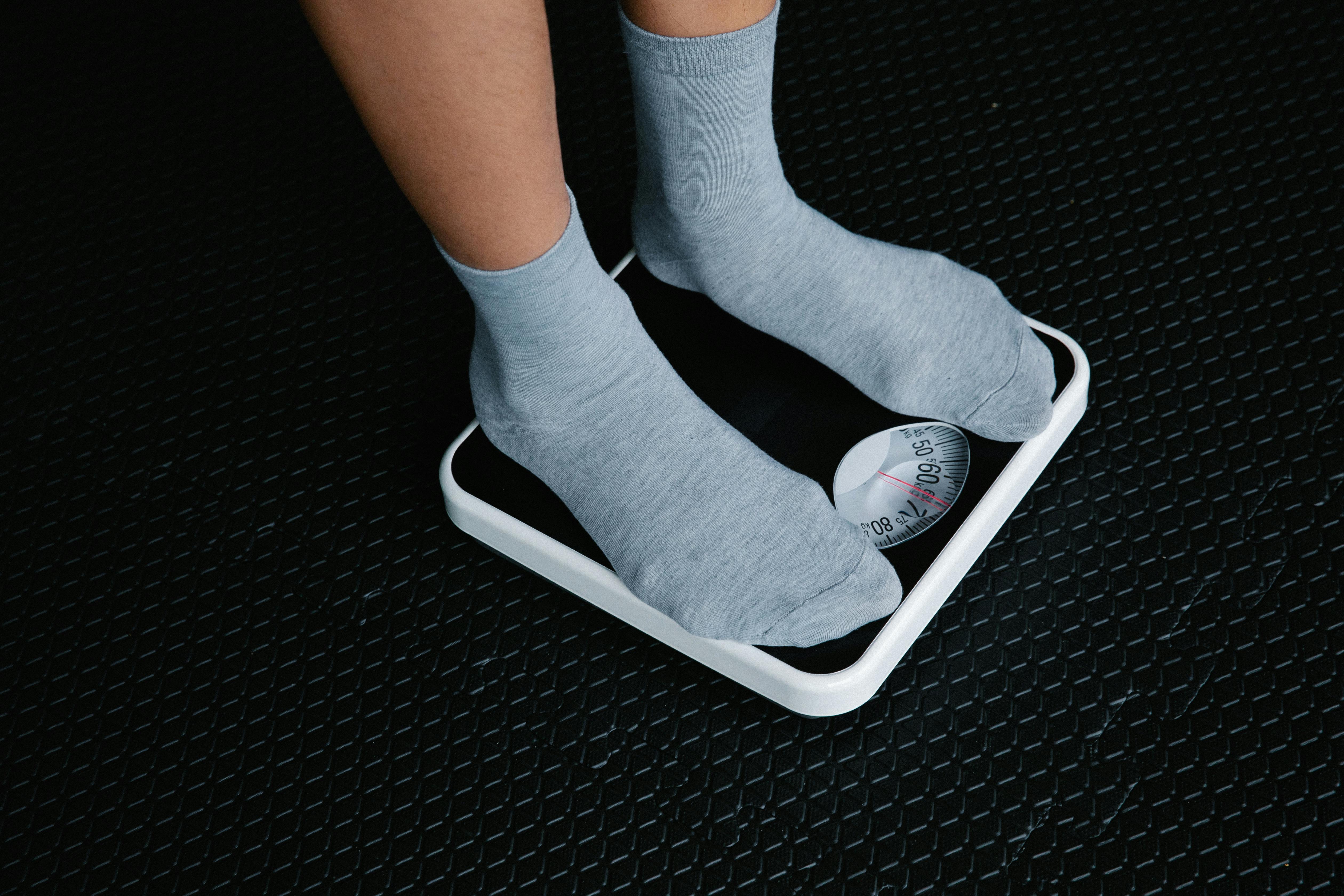Essential Guide to Calories in Sour Cream
Sour cream is a popular dairy product that adds flavor and creaminess to many dishes. Understanding the calories in sour cream and its nutritional information can help you make better choices for your health. In this guide, we'll dive deep into the sour cream nutritional information, explore healthier cooking options, and compare sour cream with other similar products.
Sour Cream Nutritional Information
The sour cream nutritional information reveals much about its makeup, including its fat content, protein levels, and calorie breakdown. Typically, a 1-tablespoon serving of regular sour cream contains about 30-40 calories. The exact number varies based on the specific brand and product type. This dairy product generally has around 4 grams of fat, mostly saturated fats, and about 1 gram of protein. Importantly, this means while sour cream can complement meals, its calorie content should be considered when preparing dishes.
Sour Cream Calories Per Serving
Understanding sour cream calories per serving is crucial for portion control, especially if you're watching your weight or looking to incorporate it into a balanced diet. A standard serving size is usually 2 tablespoons, which packs in approximately 60-80 calories depending on the type—full fat versus light varieties. If you switch to low-calorie options, like light sour cream, the calorie count drops to around 25 calories per 2-tablespoon serving, allowing health-conscious eaters to enjoy the flavor with fewer calories.
How Many Calories in Sour Cream
You might wonder, how many calories in sour cream? Traditional sour cream may contain about 30-35 calories per tablespoon. This means that if you're adding it to your favorite recipes, each tablespoon can contribute a significant amount of calories. For those monitoring their calorie intake, it becomes essential to measure portions and select appropriate serving sizes to harmonize it with overall dietary goals.
Sour Cream Calorie Breakdown
The sour cream calorie breakdown is primarily characterized by its fat content, with a regular variant typically containing around 57% fat, 30% protein, and 13% carbohydrates. When evaluating its fitness for diets, this breakdown helps consumers understand its impact on overall daily calorie intake. A careful evaluation allows people considering sour cream for weight loss to select ranges that better align with their nutritional requirements.
Health Benefits of Sour Cream
Despite the attention purveyed to its calorie count, there are notable health benefits of sour cream. It is a source of beneficial nutrients, including calcium and vitamin A, both of which are vital for maintaining bone health and good vision. Additionally, sour cream includes probiotics, which support gut health. Calcium-rich foods can be essential for those seeking to integrate dairy into their meals while adhering to nutritional guidelines.
Sour Cream and Health
An ongoing debate exists surrounding the question, "Is sour cream healthy?” The answer lies in moderation. Although it offers certain nutrients, the presence of saturated fat may raise concerns for some dietary plans, particularly low-fat diets. Yet when used thoughtfully in meal preparation, sour cream can also enhance flavors without greatly diminishing your overall nutritional intake.
Sour Cream for Weight Loss
For those looking to lose weight, incorporating sour cream into your diet may seem counterintuitive due to its calorie content; however, it can fit into a weight-loss regime. Substituting a creamy dressing with a lighter version of sour cream or using it to enrich soups and sauces can embody a satisfying strategy to enjoy flavorful meals while keeping portions regulated. Additionally, using products labeled as sour cream fat-free options offers a blend of culinary delight with resolute calorie management.
Healthy Sour Cream Recipes
A simple way to harness the benefits of sour cream is through easy recipes that incorporate it as a core ingredient. For instance, mixing sour cream with fresh herbs and a dash of lemon juice creates a delightful dressing for salads. Those searching for low-calorie sour cream recipes can also experiment with sour cream dips that beautifully pair with fresh vegetables, making it risky to devour extra snacks while providing essential nutrients. This incorporation of flavors can manage your food cravings without additional calorie burdens.
Sour Cream Calorie Comparison
When it comes to dietary choices, knowing how sour cream compares with other similar products, such as yogurt or buttermilk, can provide insight into healthier options. Yogurt, particularly Greek yogurt, can be a lower-calorie substitute with similar texture and tanginess, making it an appealing alternative for those concerned with calories. By comparing the sour cream versus yogurt calories, individuals can optimize their cooking without losing flavor.
Sour Cream Light Calories
For a healthier twist, sour cream light calories deserve a spotlight. Light sour cream is specifically designed to cut down the fat strands while nearly maintaining the texture and flavor encountered in its full-fat cousin. With calories reduced to around 20-25 per tablespoon, this option allows you to enjoy sour cream's pleasure in your meals without compromising dietary limitations.
Sour Cream Fat-Free Options
When considering sour cream fat-free options, consumers will find products that nearly mimic the flavors and textures of traditional sour cream but offer fewer calories and less fat. For those adhering strongly to low-fat or calorie-controlled diets, these alternatives can serve effectively as a way to enhance meals while accommodating nutrition policies you want to uphold.
Summary and Key Takeaways
In conclusion, understanding the calories in sour cream is vital for individuals aiming to balance enjoyment and health in their meals. Whether using it as a condiment, an ingredient in dips, or as an enhancement in savory recipes, one can make informed choices about how to reduce calories in sour cream by opting for lighter and fat-free varieties. Here are the key takeaways:
- Sour cream contains approximately 30-40 calories per tablespoon of regular sour cream.
- Low-calorie and fat-free options are widely available, providing healthier alternatives without sacrificing taste.
- In moderation, sour cream is nutritious and can fit well into a balanced diet with proper portion control.
- The nutritional benefits of sour cream, such as calcium and probiotic content, should not be overlooked.
- Comparing sour cream to yogurt or other dairy products can help make healthier decisions in meal preparation.
For further exploration into the world of sour cream, dive deeper into related articles pertaining to sour cream recipes or sour cream substitutes.
FAQ
1. What are the sour cream health risks?
Some health risks associated with excessive sour cream consumption stem from its high fat content, particularly saturated fats, which can contribute to heart health concerns. Additionally, lactose intolerance might affect some individuals, leading to digestive discomfort. Moderation and careful selection of low-fat options can mitigate these risks.
2. Can sour cream help with weight loss?
While sour cream itself is higher in calories, using low-calorie alternatives allows you to enjoy the taste and enhance meal quality without significantly increasing calorie intake. Evaluating how to include sour cream in less calorie-intensive recipes, such as low-calorie dips or dressings, can support dietary goals.
3. What is the nutritional breakdown of sour cream alternatives?
Sour cream alternatives like Greek yogurt usually provide lower calorie counts, often offering around 10-15 calories per tablespoon. They also exhibit higher protein percentages, giving you a nutritious alternative embedded in cooking without veiling flavors of your favorite dishes.
4. How can I optimize sour cream consumption in my diet?
Using sour cream as an ingredient rather than the primary base enhances meals effectively. Mixing it into sauces, dressings, or blended dishes expands flavors while keeping it balanced in calories. Exploring various recipes can incorporate sour cream into meal prep successfully.
5. Are there dairy-free alternatives to sour cream?
Yes, various dairy-free alternatives exist, such as cashew cream, silken tofu, or coconut cream, which can provide similar textures and flavors without the calories from dairy. These substitutions can be healthier for those avoiding dairy altogether while still allowing the enjoyment of creamy dishes.


